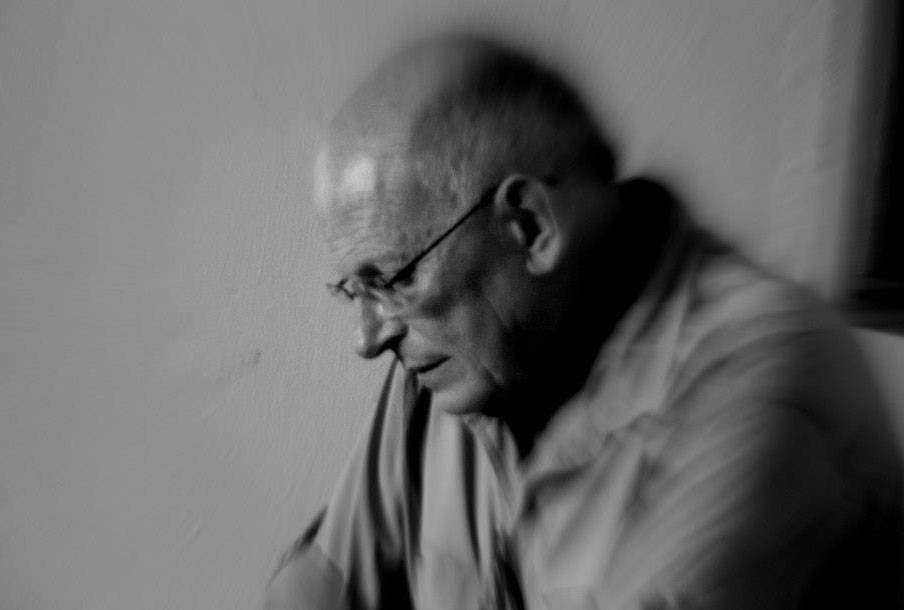French museologist Hugues de Varine, among the world’s greatest (he is one of the “fathers” of modern museology, along with Georges Rivière he invented the concept of the “ecomuseum” and was president of Icom between 1965 and 1976), has intervened on the topic of museums and coronavirus with a post on his personal blog, calling for a revolution capable of bringing museums even closer to citizens.
“There is a lot of talk these days among professionals, in the newspapers, on television or on Facebook,” de Varine writes, “about the impact of the pandemic, the confinement and the rules that have been imposed on our cultural places large and small to get out of it: their cultural missions, their activity programs, their investment projects are in the doldrums, their very existence will be threatened.” Indeed, the museologist continues, “an art or history museum, a prestigious monument, an important site are first and foremost spaces of educational delight and intelligent pastime. Most of their visitors, or rather their consumers, are tourists, domestic and especially foreign, so there is certainly a need to increase their numbers relentlessly to meet political and administrative ’safeguards.’ The pandemic is thus, everywhere in the world, a catastrophe for the heritage economy insofar as, at first, it forces museums, monuments and sites to close to the public, and then forces them into security rules that make visitation more difficult and less attractive. At the same time, nationally and especially internationally, mass tourism is also threatened by low consumer purchasing power, the difficulties of reopening borders, and less and more expensive public transportation.”
De Varine then cites the survey by the NEMO - Network of European Museum Organizations, which showed how many museums are in financial trouble, and the consequence could be the disappearance of many museums, especially smaller ones: the risk, says the scholar, is that museums with less exceptional collections will close or “simply become treasure cabinets.”
However, there is also a positive trend: “those in charge of museums and natural or monumental sites, deprived of much of their tourist attendance, will turn to the nearby population, to the people who live in the area and who, in the vast majority, are not in the habit of visiting local heritage (even if they were in the habit of visiting museums and sites on their tourist trips abroad).” Museums, therefore, could seek to make museums attractive "not only to an ’educated’ elite, to groups of senior citizens and to students on school trips, who make up the base of the non-tourist public, but also to the ’people’ who up to this point have been treated by commentators as a ’non-public’ or as an ’inaccessible public.
According to De Varine, approaching this audience would be "a cultural revolution,“ to which, however, would require ”a redefinition not of the museum, but of its mission, its practices, its languages, and the very functions of its professionals, who will be obliged to listen to and serve the people, the community of the inhabitants, to look with a different eye at the collections, the layout of the rooms, the style of the publications, the choice of their scientific, cultural, and educational offerings, which will have to progressively respond to real needs as well as to expectations, as soon as the public of the territory has understood that the museum is made for them and will therefore express a demand accordingly."
“The methods,” De Varine concludes, “are known, and examples exist, but there are no theories or models”: it will therefore be necessary to “invent or reinvent. Can we rely on the coronavirus to make this revolution possible?”
Pictured: Hugues de Varine
 |
| De Varine: "museums are bringing local audiences closer together: it would be a cultural revolution" |
Warning: the translation into English of the original Italian article was created using automatic tools. We undertake to review all articles, but we do not guarantee the total absence of inaccuracies in the translation due to the program. You can find the original by clicking on the ITA button. If you find any mistake,please contact us.